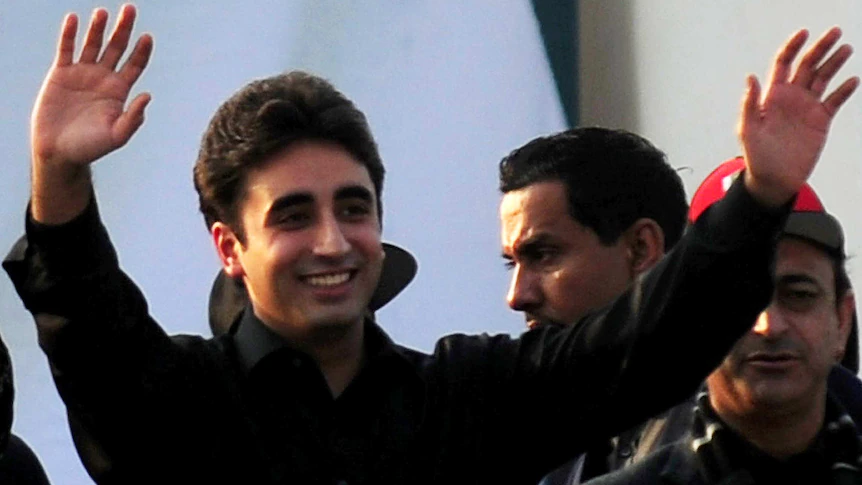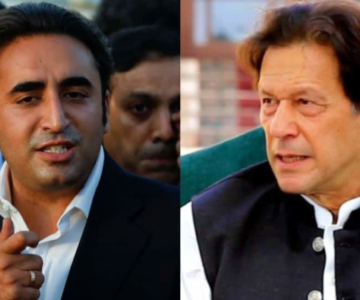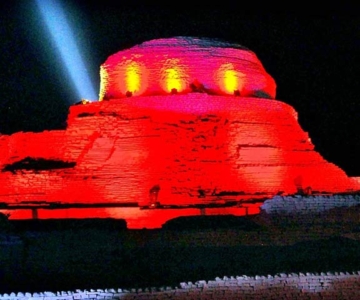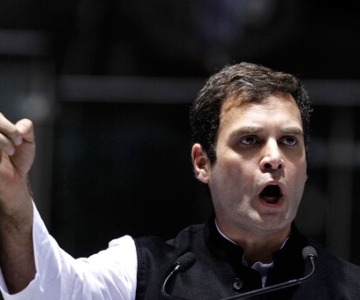My piece published in Express India
In his first political address, Bilawal Bhutto took a stand against extremism.
Bilawal Bhutto Zardari made his debut political address on the fifth death anniversary of his mother, Benazir Bhutto, in a small, dusty village in Sindh, synonymous with the Bhuttos and their tragic lives. Dynastic succession is not unusual in Pakistan or South Asia, and Bilawal has been the chairperson of the party since his mother’s death. However, he has stayed away from active politics in the past few years, completing his studies and getting acquainted with the gigantic party machinery. The Pakistan People’s Party (PPP) remains one of the largest parties in the country, with a presence in almost all provinces and regions of Pakistan.
On Thursday, Bilawal reminded everyone of the sacrifices his mother and grandfather had made and connected with his core constituency – PPP workers and supporters who have been in search of a charismatic leader since the demise of Benazir. His father, President Asif Ali Zardari, is a skilful political player but lacks popular appeal. His public movements are also constrained by the security threats faced by moderate and liberal politicians.
Standing at Garhi Khuda Baksh, the site of the imposing mausoleum of the Bhuttos, Bilawal reiterated the old narrative put forward by his family: how democracy and popular will had remained and were still confronted by the powerful forces of the permanent military establishment and the judges. Pakistan’s Supreme Court is now a freer institution but in the past, it has played second fiddle to the military and often ruled against the PPP. The hanging of Zulfikar Ali Bhutto is a case in point. So Bilawal addressed top judges: “Can’t you see the blood of Benazir Bhutto on the roads of Rawalpindi? I, as an heir of Bhutto, ask why the killers of my mother have not been punished.”
But the remembrance of PPP martyrs was not restricted to members of the Bhutto family. Bilawal also spoke of the sacrifices made by the party’s workers as well as by citizens of Pakistan, such as the Shia Muslims, who have been subjected to extremist violence. The tribute that resonated with many was for Malala Yousafzai. “How long you will go on killing innocent people? If one Malala will be killed, thousands will replace her. One Benazir was killed; thousands have replaced her,” Bilawal told the crowds.
His foray into politics is an opportunity for the PPP to connect with the younger Pakistanis, who now comprise the majority in a country going through a major demographic transition. Imran Khan is widely considered a magnet for the youth. But Bilawal may change that if he can connect with the people. He has a good command of Urdu, for starters, better than his mother’s at that age.
Critics have already slammed the PPP for “imposing a 24-year-old novice” on the political arena. This is not new to either the PPP or Pakistan. Benazir entered politics at 24 as well, when her father was ousted in and jailed in 1977. She faced incarceration before she went into exile seven years later, in 1984. Bilawal too was thrown into the deep end five years ago, when Benazir was shot dead in Rawalpindi.
Perhaps the most refreshing aspect of Bilawal’s address at Garhi Khuda Baksh was a clear stance on extremism, which even his party colleagues shy away from. His challenge to militants sounded much like his mother’s: “On one side we stand up as a wall against the terrorists, and then there are those who are even afraid to say their names.”
Leading a political party and an election campaign in a fragmented and diverse Pakistan will not be easy for Bilawal. Like his mother, he will have to prove his mettle and earn the respect and confidence of the party as well as the growing urban population, which has historically been wary of the Bhuttos. The biggest challenge to his political activities remains interacting with the public at a time when Pakistan is under siege by extremists. The threats to Pakistan’s political class are real now. The Pakistani Taliban, working under the tutelage of the al-Qaeda, consider parliamentary democracy un-Islamic and want to do away with the constitution. Only recently, they killed Bashir Bilour, a brave leader of the Awami National Party who had opposed them.
Bilawal has sent a reassuring signal to those wearying of militancy in Pakistan. Let’s hope he stays the course and finds his space in the troubled waters of Pakistani politics.
The writer is editor at ‘The Friday Times’ and director of the Jinnah Institute, Islamabad



